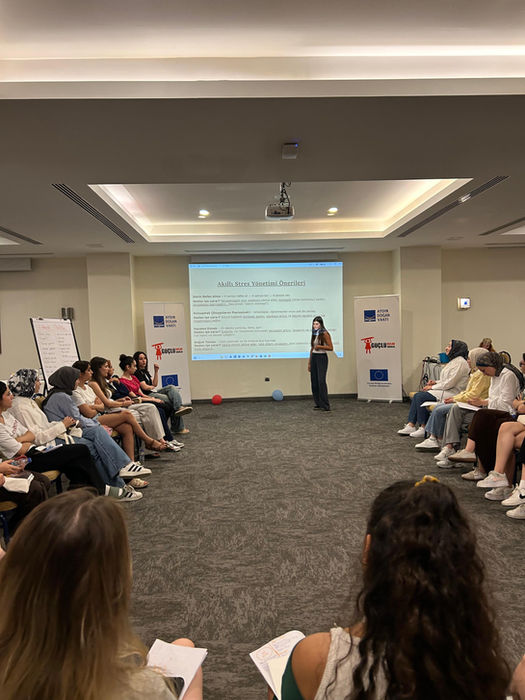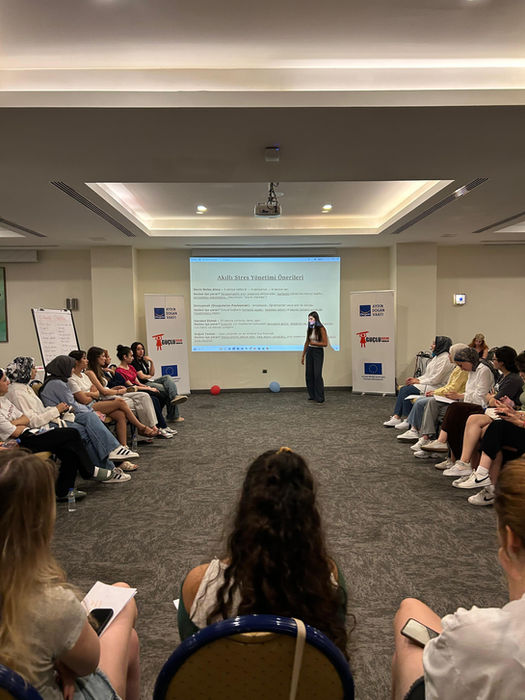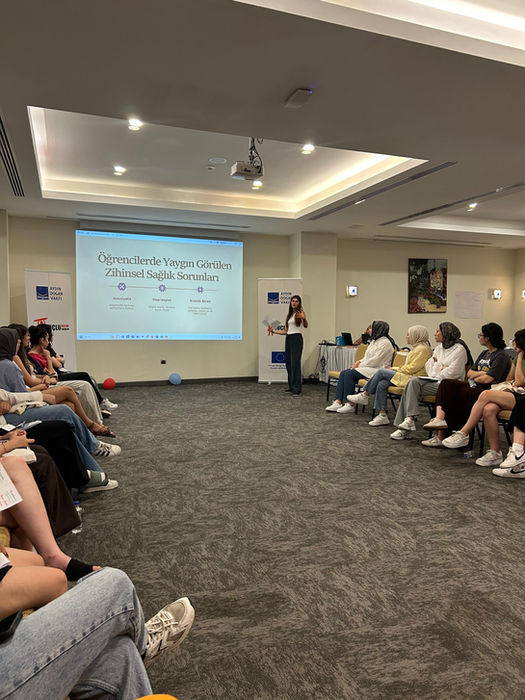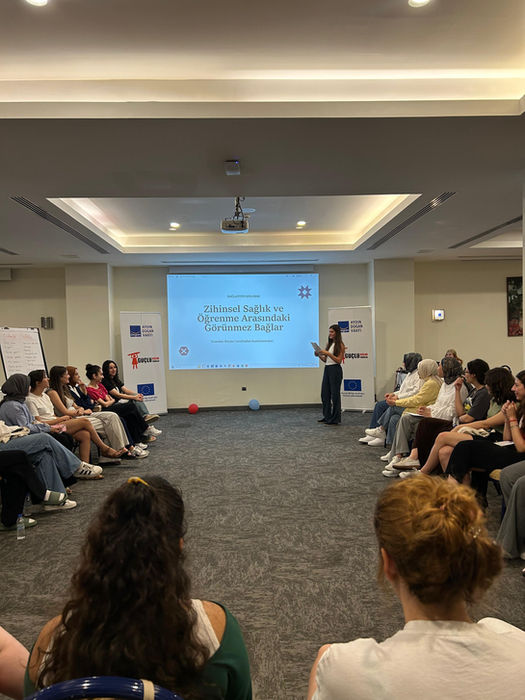SOCIAL work
The Hidden Link Between Mental Health and Learning
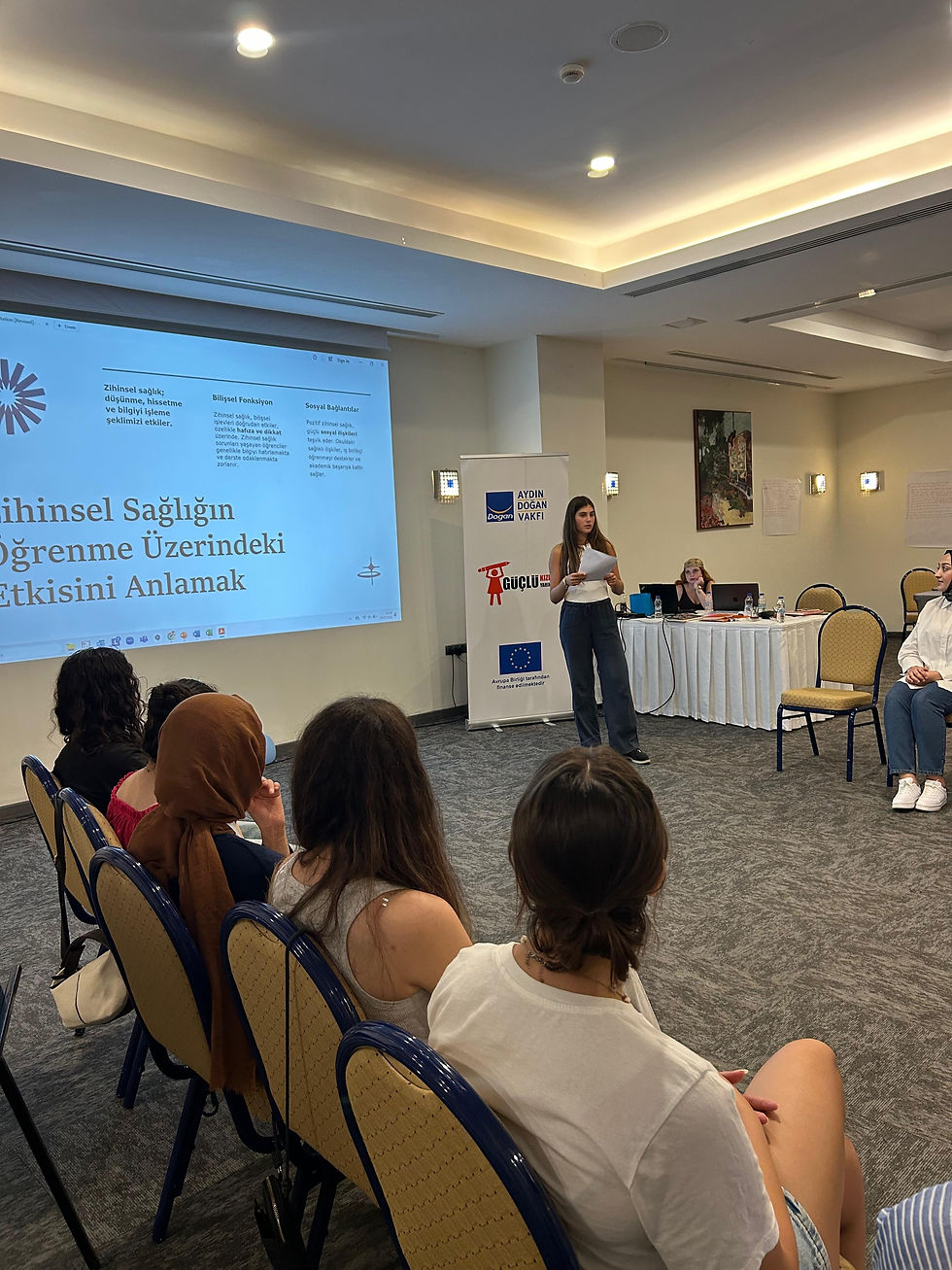
Workshop Details:
-
Aydın Doğan Foundation in Istanbul
Audience:
-
Over 50 Turkish school students
Focus:
-
A deep exploration of how mental health influences learning—examining memory, classroom performance, attention, and peer relationships.
CONTENT Sections
Mental Health & Cognitive Function
Mental health deeply affects attention, focus, and memory retention, making it harder for students to learn and remember information.
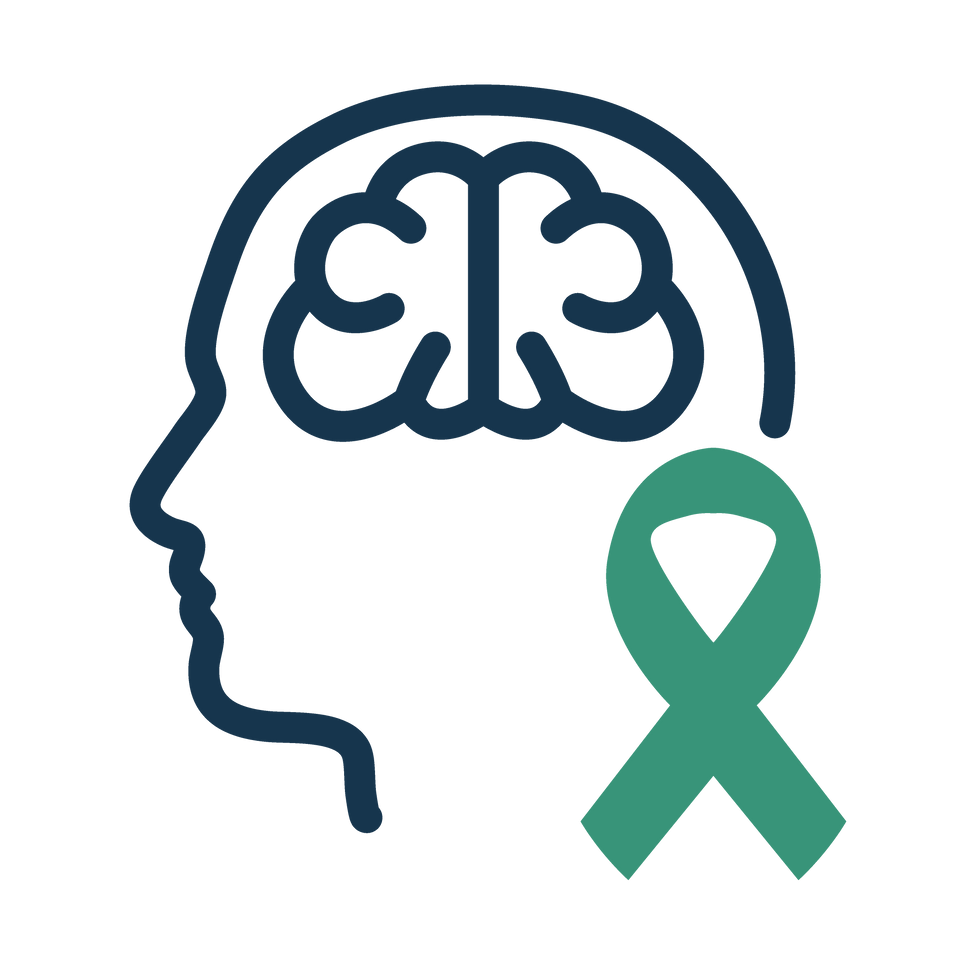

Social Connection & Learning
Strong mental well-being fosters healthy peer relationships, enhancing collaborative learning and academic success.
Common Mental Health Challenges Among Students
Anxiety: Fear of failure and academic pressure
Depression: Low energy and lack of interest in studies
Chronic Stress: Deadline and financial or family pressures
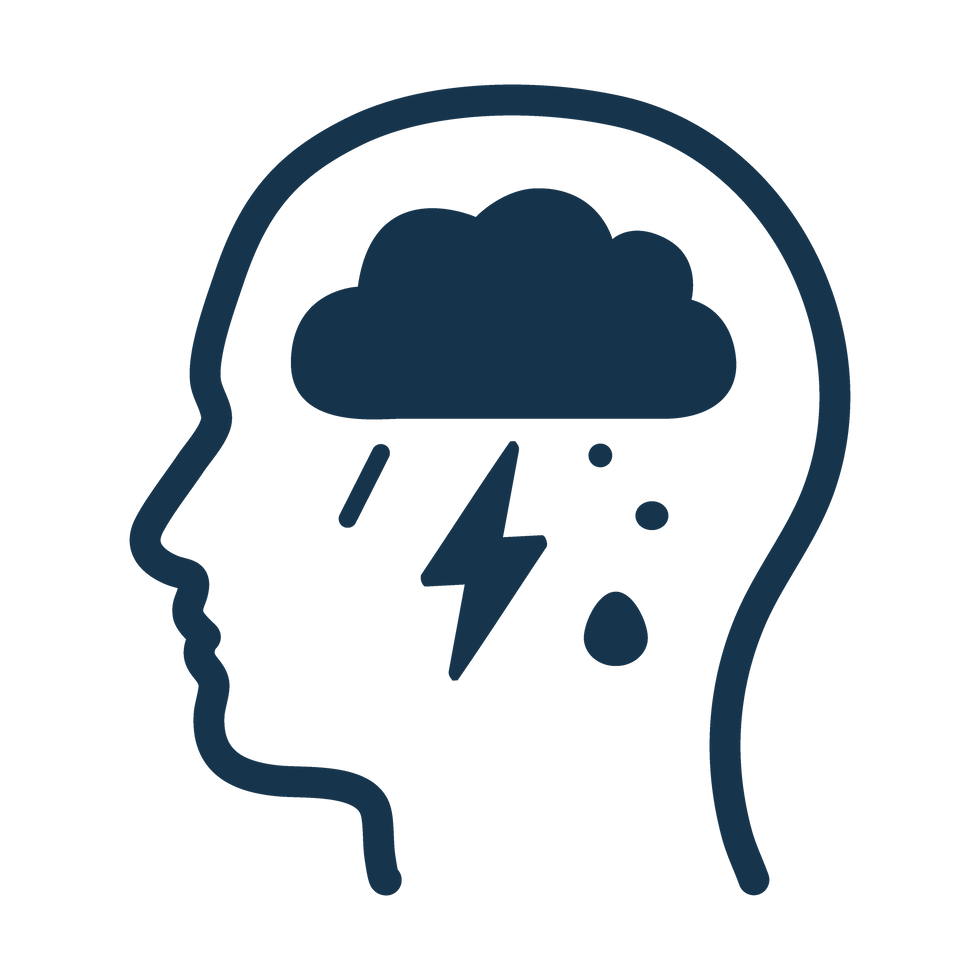
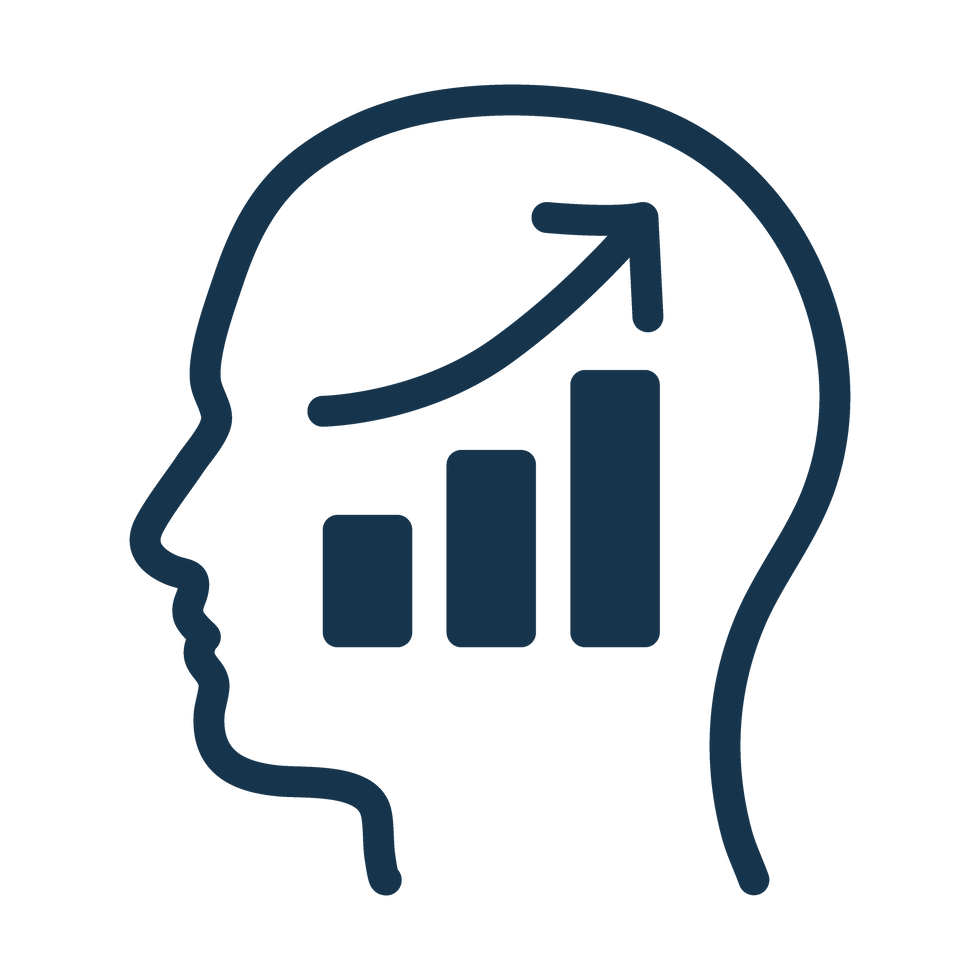
The Science Behind It
Prolonged stress raises cortisol levels, which:
# Shrinks the prefrontal cortex (planning, focus)
# Weakens the hippocampus (memory)
# Overactivates the amygdala (emotional reactivity)
This can disrupt understanding, concentration, and performance—stress may reduce memory recall.
Academic Consequences
-
Students with untreated mental health issues are twice as likely to drop out
-
GPA may drop
-
Emotional distress—even short‑term—can disrupt weeks of learning
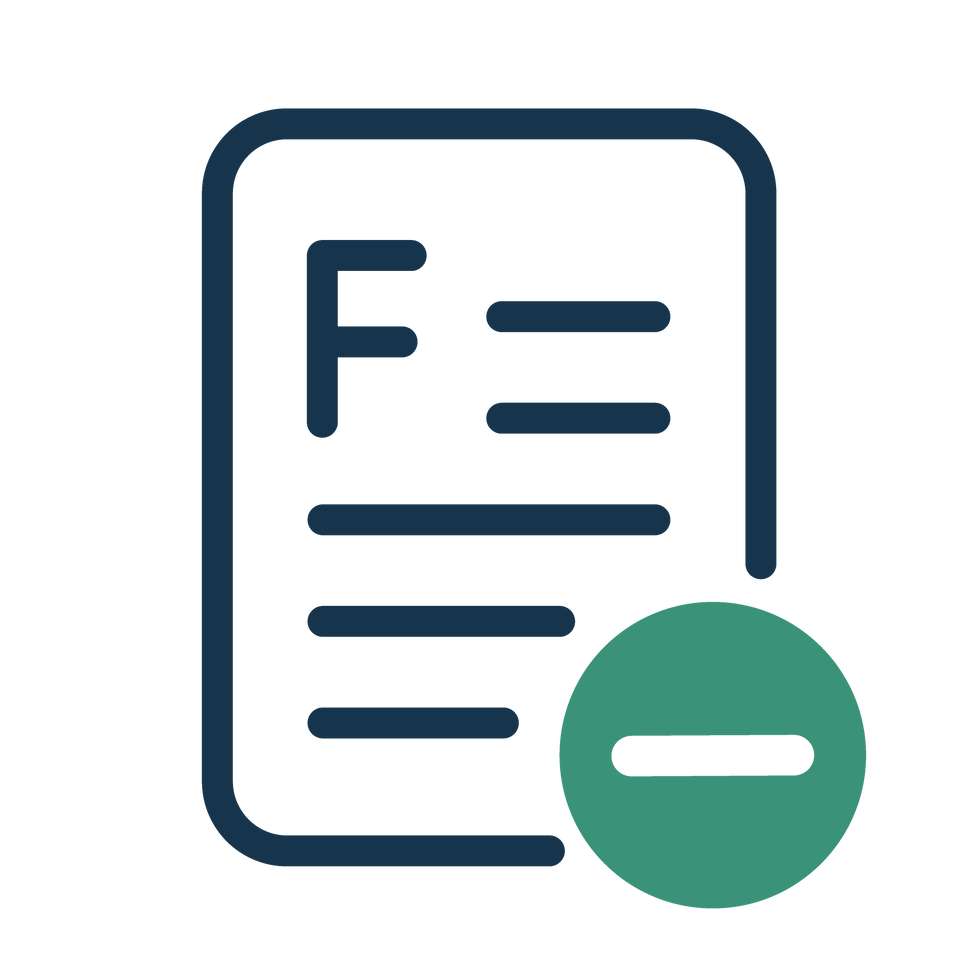
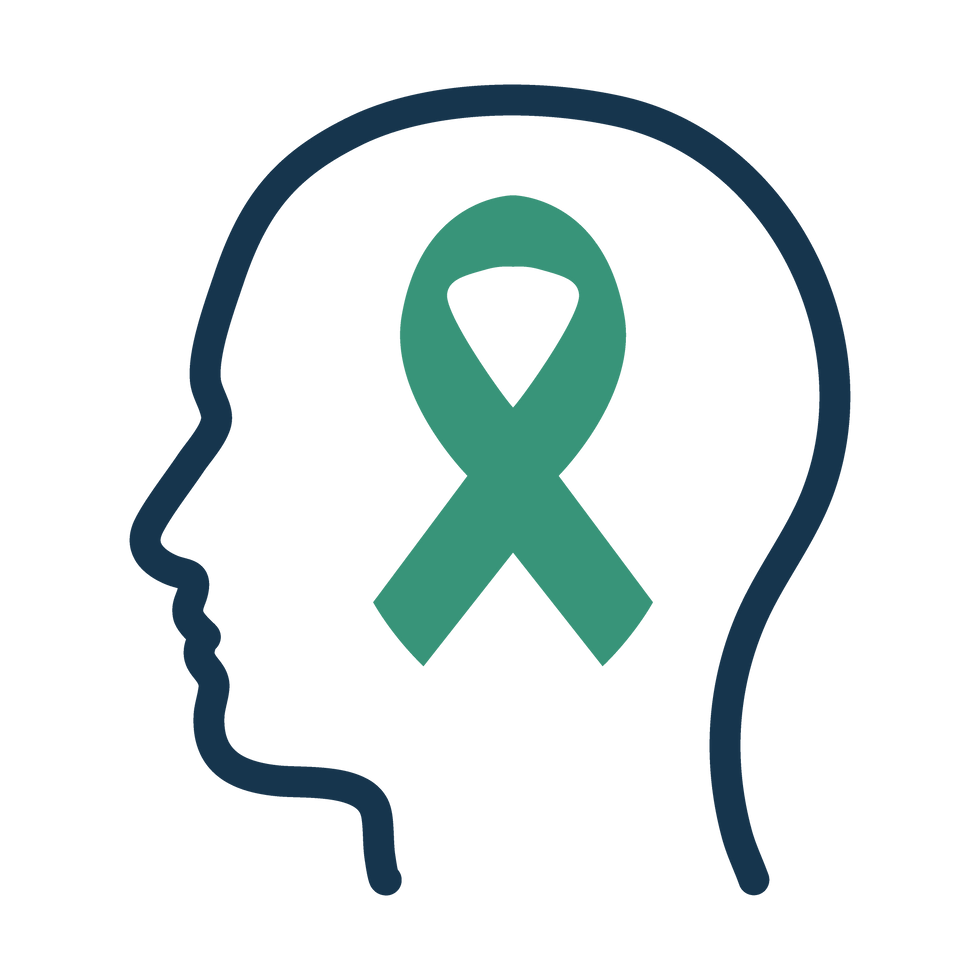
Battling Stigma
Students avoid seeking help due to fear of judgment. Phrases like “just get over it” or “everyone’s stressed” only deepen isolation. Mental health isn’t a side issue—it’s a learning issue.
Smart Stress‑Management Tips
-
Deep Breathing (4‑4‑4 method): Calms the nervous system
-
Talk It Out: Sharing with friends, family, or counselors reduces cortisol and builds support
-
Movement: Walking, dancing, or sports boost mood and cognitive function through endorphins
-
Cold Exposure: Splashing face with cold water or using an ice pack on the neck activates the vagus nerve for quick stress relief

Next Steps
My goal is to bring this workshop to schools across Turkey, launch youth-led awareness campaigns, and foster supportive networks where mental health is acknowledged, discussed, and addressed.
